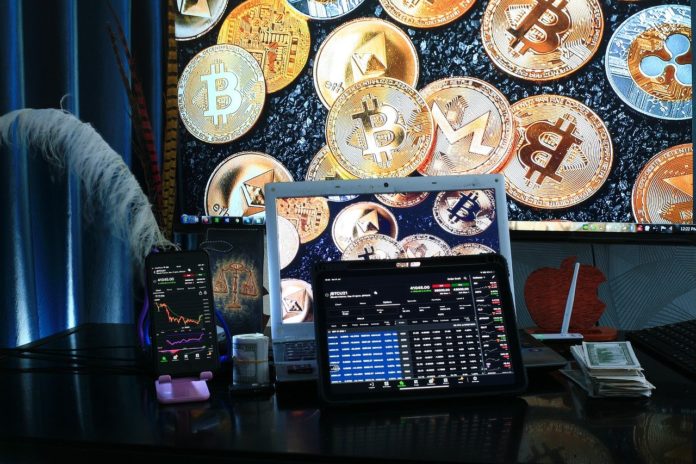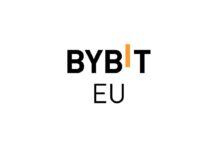
Imagine a world characterized by a free finance model, where no background checks are needed to approve loans, sending money abroad only takes a few seconds, and opening finance accounts done in minutes. If you think this is far-fetched and impossible today, we have some news for you; “it is already happening!”
The world of finance is in transition, moving rapidly from the traditional banking system to the decentralized systems. Welcome to the world of decentralized finance (DeFi). Here, you no longer have to rely on third parties like banks or credit card companies to process any transaction, such as sending funds or paying for services. Instead, you are in charge. Keep reading as we tell you everything that you need to know about decentralized finance.
What is DeFi?
As a sub-branch of the larger crypto space, decentralized finance is designed to help people make different investment activities, such as borrowing money, lending their coins, and anything else related to digital money without involving centralized banks. Think of DeFi as a form of a virtual bank that operates with no physical branches. However, you can get all the services, such as lending and borrowing, faster.
DeFi networks use blockchain technology, which means that the processing of transactions is done by nodes spread in the respective networks. The concept came to the fore during the height of the COVID-19 pandemic and is now becoming the next big thing in the finance sector. It taught people that banking services are important and can be available anywhere on the globe, but the banks are not.
How Does Decentralized Finance Work?
The defining attribute of decentralized finance is that it seeks to eliminate middlemen, such as credit card companies, that are involved in processing financial transactions. Their place is taken over by two parties; blockchain nodes and smart contracts.
The nodes are computers in the respective blockchain network, mainly Ethereum, and their work is to process transactions put forward by users. So, when you place a request to send coins through a DeFi platform, it is passed to the nodes that check if you have ample coins to send. Then, they allow the transactions to proceed if the coins are ample, capture the details, and add them to the next block on the blockchain.
DeFi platforms also use smart contracts, which are self-executing. Instead of relying on third parties, such as lawyers or witnesses, when running a transaction such as approving loans, smart contracts do the entire job. If it is a loan, both parties agree to the terms and the smart contract executes the deal automatically. If you committed some coins as collateral and promised to repay at a specific time, they will automatically be returned to your wallet after repaying the loan. Remember that smart contracts cannot be edited, and all parties must abide by or face the consequences outlined in the terms and conditions.
The Main Applications of DeFi Platforms
There are many applications that are attached to DeFi platforms, including decentralized exchanges, prediction markets, and crypto lending. One of the commonest is crypto staking, which involves locking your proof of stake (POS) coins to the selected network to help process transactions and secure the network.
To start staking, all you need is to buy the preferred coins and commit them to the selected blockchain network. Then, your coins will be pooled together with others to increase the chances of being selected to confirm transactions for more rewards. Remember that staking does not involve selling your coins and any price improvement will further result in value growth.
As you can see, decentralized finance (DeFi) is redefining the finance industry. Therefore, you need to join and take advantage of the offered services. Remember that no matter the service you prefer, be it crypto staking or lending, you need a good platform. One of the best options today is Mantra Dao. Visit them today to learn more about the services on offer.











